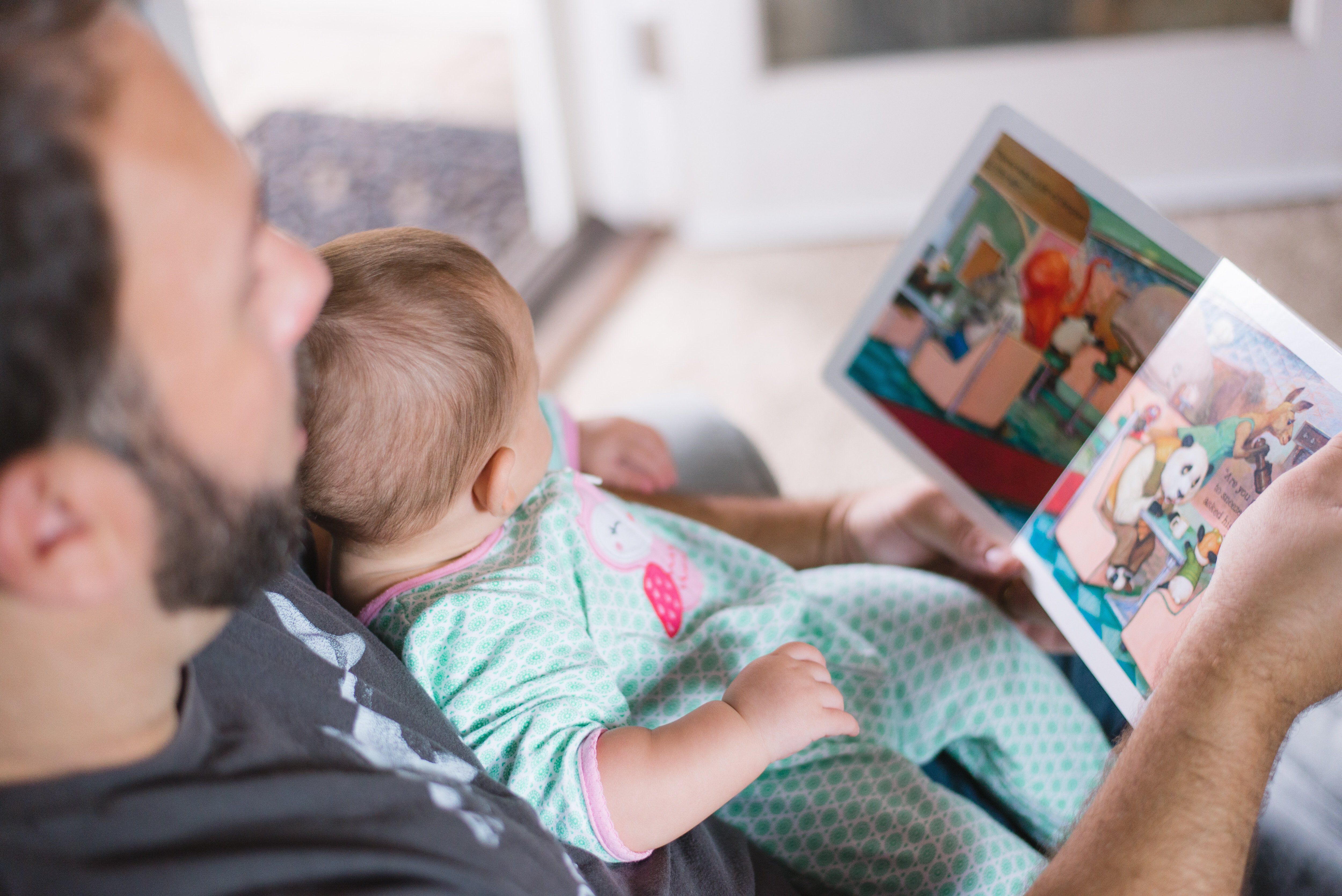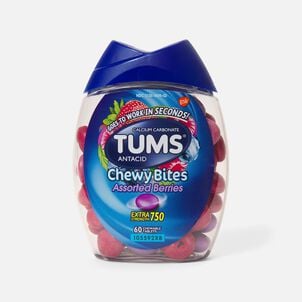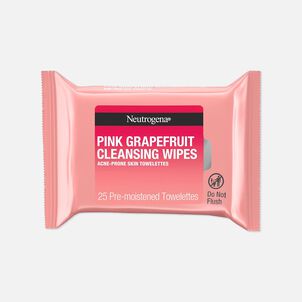Flex spending from a parent's perspective

As a parent of a young child, making sure he's taken care of is my absolute top priority. Even though I'm not chasing after fancy private schools and designer clothes, raising a child isn't cheap.
According to USDA's Center for Nutrition Policy and Promotion, parents in the U.S. spend an average of $233,610 from birth until 17 years old. We're talking basic necessities like food, child care, housing and transportation. Most parents will understand some of the unexpected costs that crop up - many more expensive than anticipated.
One expense that new parents need to consider is health care. I'm not just talking about yearly checkups, flu shots and occasional trips to the emergency room. There's everyday essentials such as breastfeeding products, cold medicines, and even bandages with the cute little cartoon characters all over them.
All of the above makes an FSA an even more attractive choice, especially when it comes to your budget. Contributing to an FSA means you're saving money on taxes and the ability to purchase qualified medical expenses tax-free.
Here's how you can make the most of your FSA to budget for those unexpected (but inevitable) child health expenses.
Watch out for "just in case" items
We're all concerned about running out of diapers, band-aids or medicine when our child needs it most. But if you're buying items in bulk, chances are you may be wasting your money.
I learned the hard way when I bought boxes of baby wipes from the local warehouse club only to have them dry out on me. Or when I got a few bottles of supplements for my toddler only to realize he hated the taste. In theory, I was saving money. In reality, many of these items went to waste.
Before purchasing anything, see if you actually need them and how much you actually need. Scrutinize each and every expense and purchase so that you're not throwing money down the drain.
Make savings a priority
While most of us say we want to save money, in reality it's the opposite. It's not because we don't try. Maybe we're too sleep deprived and forgot to thaw out the chicken for tonight's dinner. Or we saw a really cute outfit that'll look great on our kid.
But if you want to max out your FSA, you can't leave it to chance. Sit down with your partner and figure out how you want to save money on medical care. And determine both your short- and long-term savings goals.
Having a clearer picture of these answers will help when you just don't feel like cooking instead of eating out or getting gourmet coffee for the third week in a row.
Focus on preventive care for yourself, too
Being a good parent doesn't just mean taking care of the baby. You need to be on top of your own health to do the job right. Plus, healthier parents end up saving more money in the long run.
First, you're not spending money on extra health care costs now or in the future. If your diet is less than stellar, you could be looking at a whole host of conditions such as heart disease, obesity and diabetes. These could cost you a fair chunk of change just to maintain optimal health.
While having an FSA is great, so is not needing to spend the cash each month on avoidable health needs. Instead, there are simple things you can do to take care of your health now. This includes eating a healthy diet (that doesn't just mean switching to diet soda), exercising regularly and kicking bad habits such as smoking.
Children model their parents behavior, so if they see you making your health a priority, so will they. You'll save money on medical expenses, your overall budget and live a much healthier life.
You likely already knew that having a child was going to be expensive. But there's no reason to just give up trying to save money every chance you get. Whether it's for an appropriate everyday items, or an unexpected trip to the ER, your FSA might be more important than diapers and baby wipes…
(Well, we'll let you make the call on that one...)
-
Thank you for visiting the FSA Store Learning Center. Don’t forget to follow us for more helpful tips on Facebook, Instagram, and Twitter.
















